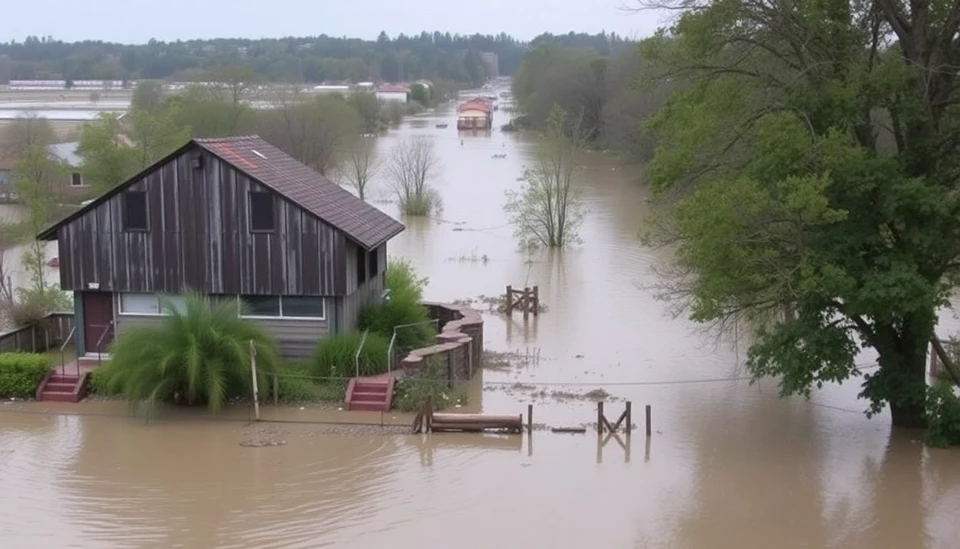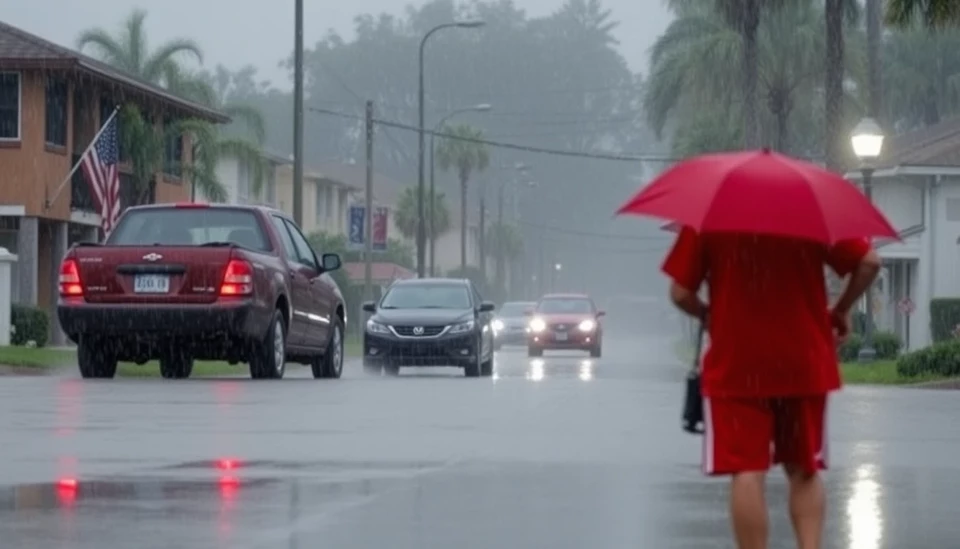
Storm Helene's impact has left a trail of community catastrophe within varied geographical regions. The number of people dead, as of October 1, spirals, while dozens confirmed dead, many others injured or missing. Helene has caused life losses, besides massive damage to critical infrastructures, environments, and livelihoods.
Massive floods have submerged the farmland; most of the crops have been destroyed, which was hardly ever seen during the last few centuries. The farmers are fighting these losses of their agricultural outputs, which is very much foreseen to ripple to the local and national food supply. The flooding has also displaced thousands of livestock, a source of further exacerbation in this crisis for rural communities reliant upon animal husbandry for their income and sustenance.
Rivers in the entirety of the affected areas are highly contaminated due to the sewage systems that have burst and industrial waste, which caused a great threat to public health. Water supplies have become so contaminated that advisories against the use of river water have been issued, and authorities are distributing clean drinking water to the affected populations. The risk of waterborne diseases is imminent. Emergency medical teams set up temporary clinics and distributed hygiene kits.
Rescuers continue the rescue operation in the area, working day and night to find survivors and provide first aid. However, the enormity of the disaster stretched local resources, and demands are getting louder for more international intervention. The government has also declared a state of emergency and is working out plans with international organizations for the speedy distribution of relief provided.
The economic impacts are likely to be serious: millions of dollars in agriculture may be lost, and the environmental damages may take many years, if not decades, for full recovery. The transport and infrastructure networks were seriously disrupted, thus complicating the aid delivery and rebuilding efforts.
Climate experts have pointed to Helene as yet another harbinger of the alarming frequency and intensity of freak weather on account of climate change. They emphasize that broad climate policy and measures for better disaster preparedness are urgently needed to mitigate the impact of any such happening in the future.
These local communities are fighting strong, in unimaginable solidarity: grassroots organizations, volunteers, and nonprofits are trying to give some relief to their neighbors. However, recovery will take a long period of time and be really painful; therefore, sustained government and international support is needed.
The continuation of the situation demands that saving of lives, restoration of vital services, and reconstruction of the areas affected remain at the forefront. The consequences of Storm Helene provided a very grim reminder of how natural calamities can cause human loss as well as environmental loss.
#StormHelene #DisasterRelief #ClimateChange #Flooding #EnvironmentalImpact #PublicHealth #AgricultureCrisis
Author: Peter Collins
